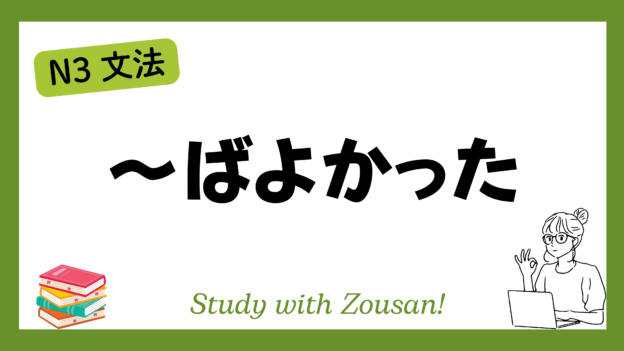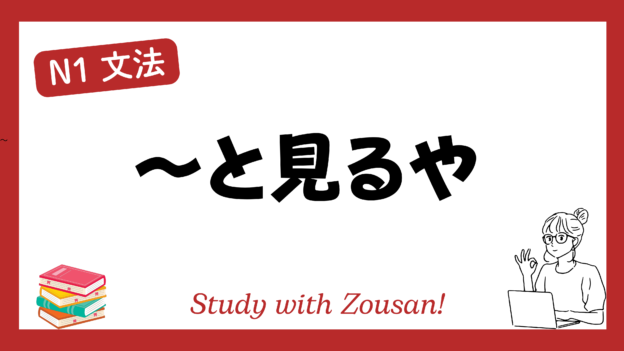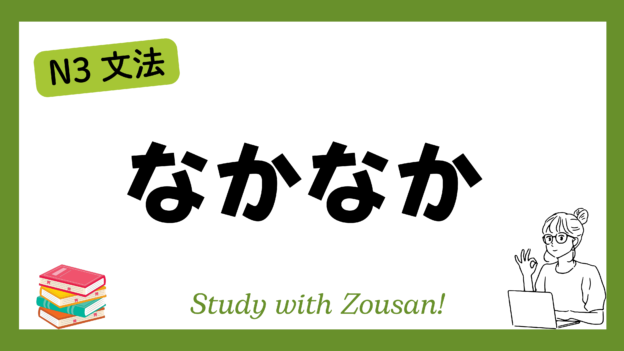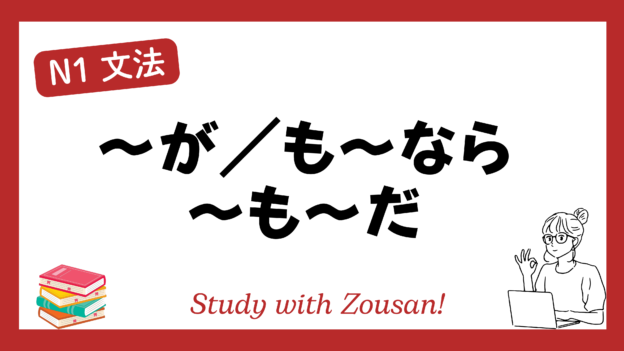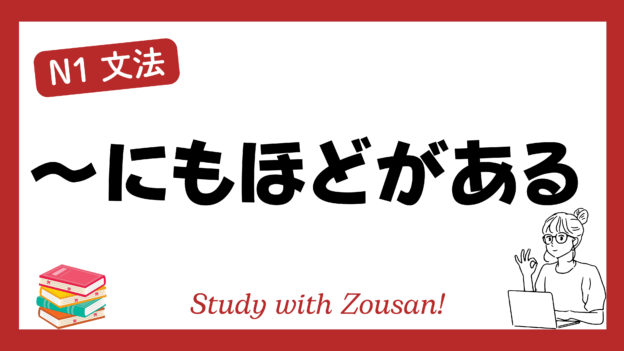N3文法:~ばよかった
Meaning: “I wish I had…”, “It would have been better if…”
This structure is used to express regret or hindsight, indicating that the speaker wishes they had done something differently in the past. It implies that the action should have been taken but wasn’t, leading to a less desirable result.
※Note: “~ばよかった” is used when looking back on a situation and wishing for a better outcome based on a different action.
Structure:
| Verb (ば conditional form) | + よかった(のに) |
Example:
-
-
-
🌟 もっと勉強すればよかった。
(もっと べんきょう すれば よかった。)
I wish I had studied more. -
🌟 あの時、行けばよかった。
(あの とき、いけば よかった。)
I should have gone at that time. -
🌟 彼に本当のことを言えばよかった。
(かれ に ほんとう の こと を いえば よかった。)
I wish I had told him the truth. -
🌟 傘を持ってくればよかった。
(かさ を もって くれば よかった。)
I should have brought an umbrella. -
🌟 もっと早く出発すればよかった。
(もっと はやく しゅっぱつ すれば よかった。)
I should have left earlier. -
🌟 あんなことを言わなければよかった。
(あんな こと を いわなければ よかった。)
I wish I hadn’t said that. -
🌟 もっと注意すればよかったのに。
(もっと ちゅうい すれば よかった のに。)
I should have been more careful. -
🌟 その本を買えばよかった。
(その ほん を かえば よかった。)
I wish I had bought that book. -
🌟 彼に助けを求めればよかった。
(かれ に たすけ を もとめれば よかった。)
I should have asked him for help. -
🌟 もっと時間を取ればよかった。
(もっと じかん を とれば よかった。)
I wish I had taken more time.
-
-



